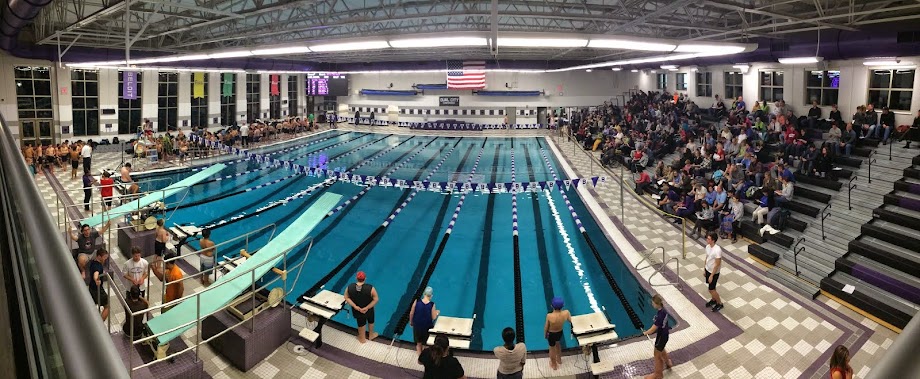Oh, hello!
You know what’s really fun?
Being awesome at something.
Working really hard, for a consistent and lengthy period of time, and mastering something you were previously incapable of doing.
Things like…
Breaking :40 seconds for a 50 kick.
Dipping under a minute for the first time.
Destroying a best time.
It’s a fantastic feeling when we break through those barriers.
For rapid improvement you need to seek out the hard stuff. Seek out the weaknesses in your swimming that you avoid and steer clear of because of a self-perceived belief that you aren’t naturally good at it.
In order to achieve mind-blowing success in the water it is key that you are continually focused on hitting that spot where struggle and mastery intersect…
Right on the edge of “I almost have it!”
We Avoid the Stuff We Think We Stink At
Not a good kicker? I bet you don’t get over-the-moon-WHAMMY! excited when coach prints out a thick kick set up on the whiteboard.
Think your breaststroke looks more like Bambi on ice? You probablylooove those breaststroke sets.
It’s natural to not dig the things we believe we aren’t good at...
But the result is something a little more problematic than simple distaste:
We tend not to give our best effort when the workout calls for work on our weaknesses. In fact, we might pull the old “gotta go to the bathroom” card and hide out in the showers until that particular set is completed.
But when we avoid these things we hamstring the opportunities we have for growth.
Yes, the struggle can be, well, a struggle.
There are times where you feel like you are doing the old “one step forward, two steps backwards” shuffle and dance.
But when you look struggle in the face and muster the words: “I accept you!”
Than you are setting yourself on a high-pitched course for faster swimming.
And isn’t that the whole point?
When you are ready to rock out with your log book out, go here.
See you at the pool,
Olivier
